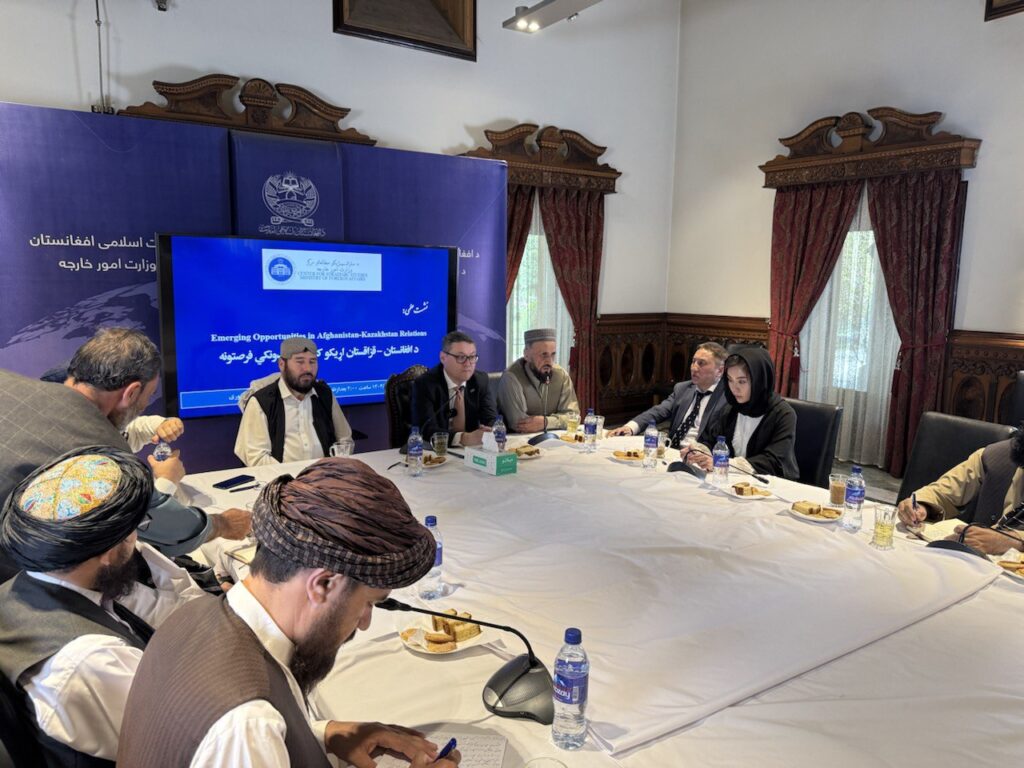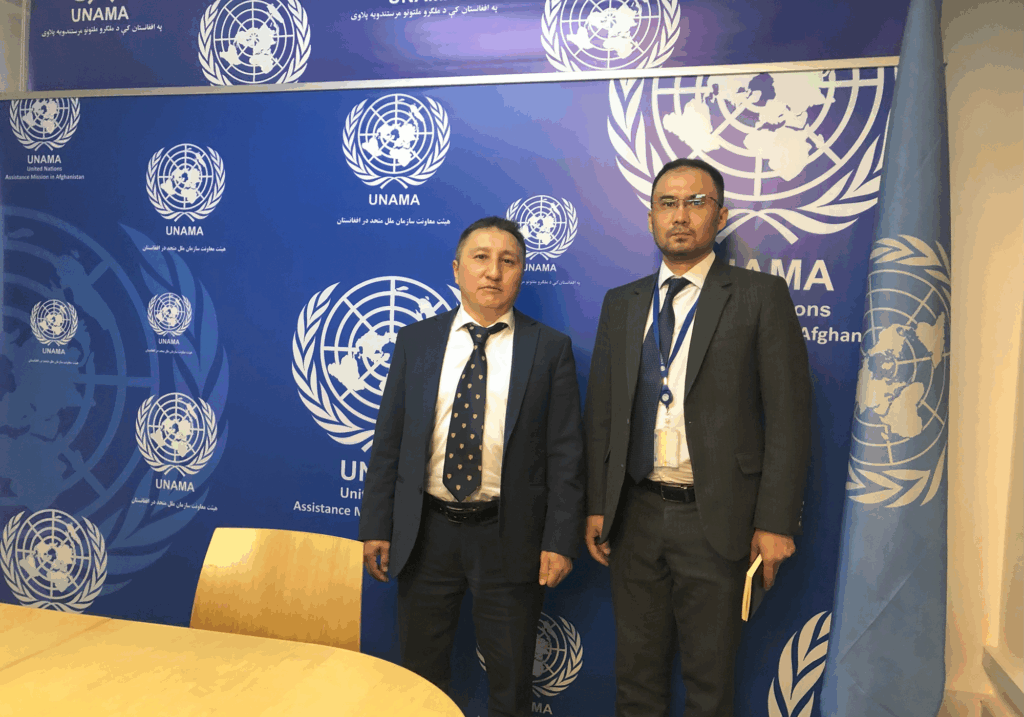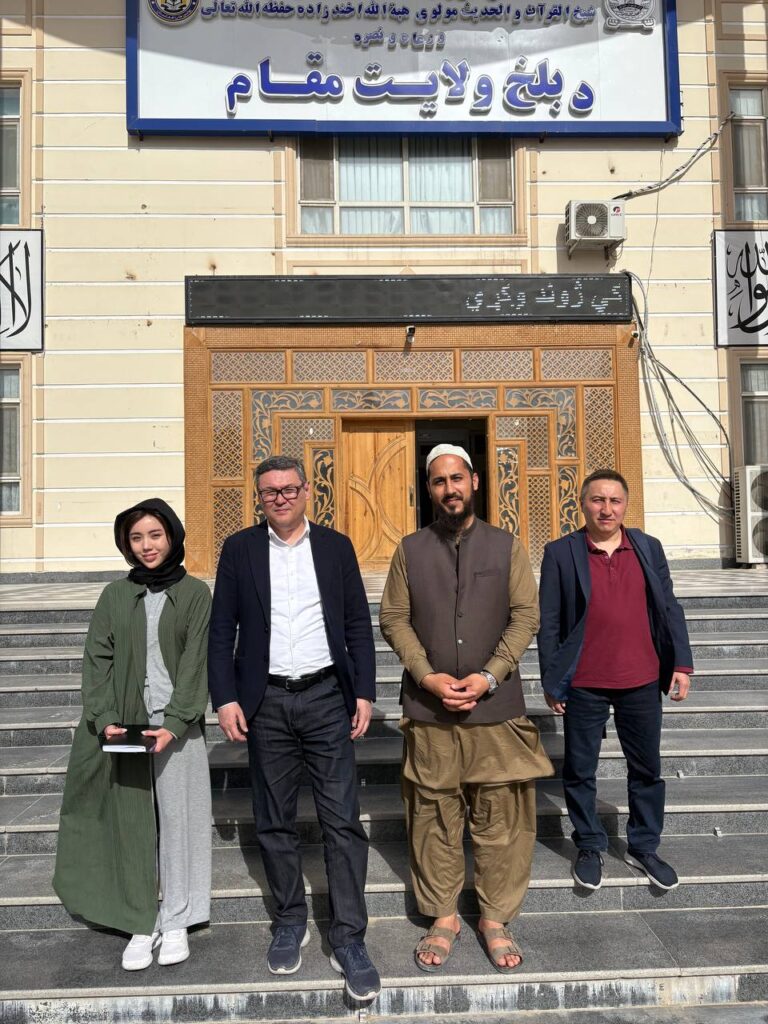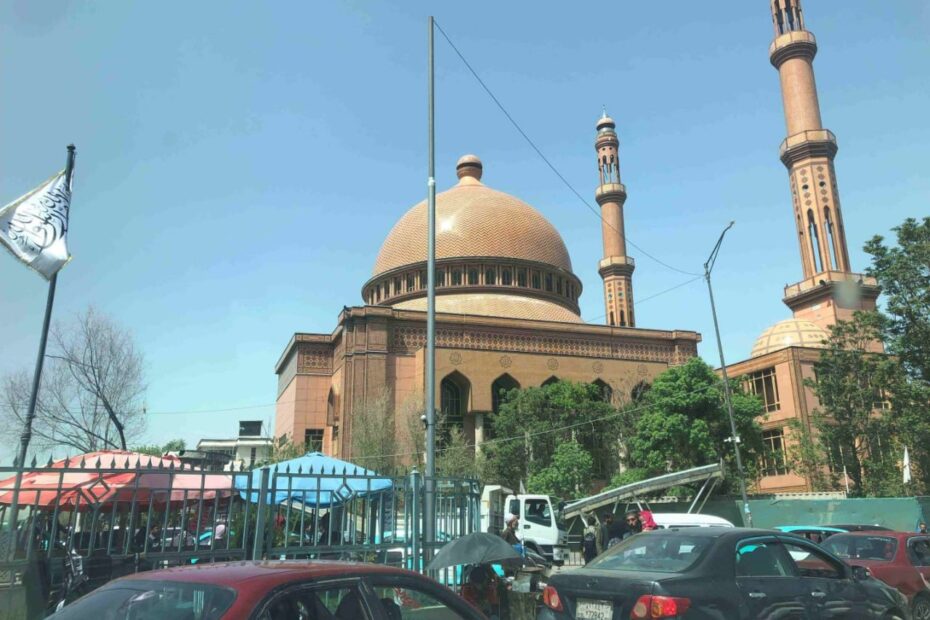Mukhit Assanbayev, Chief Expert, Department of International Security,
The Kazakhstan Institute for Strategic Studies under the President of the Republic of Kazakhstan
Afghanistan is at a critical juncture in its development, facing internal political changes and significant economic challenges. At the same time, the country’s authorities are actively working to revive the economy and have demonstrated a willingness to engage in international cooperation. Amid this ongoing transformation, there is cautious optimism for long-term stabilization in Afghanistan, especially with the support of external partners and considering the country’s abundant natural resources.
It is no coincidence that all Central and South Asian countries bordering Afghanistan have a strong interest in its security and stability. They recognize the urgent need to establish constructive channels of communication with the Taliban regime, as this aligns with their long-term regional interests.
These interests arise not only from shared threats—such as terrorism, drug trafficking, and illegal migration—which pose serious challenges for both Afghanistan and its neighbors, but also from the desire to develop a transport, logistics, trade, and economic corridor linking Central and South Asia. Achieving this goal requires a policy of good neighborliness and regional rapprochement with Afghanistan. Kazakhstan, which has recently taken an active role in restoring Afghanistan’s economy and implementing key trade, economic, transit, and transport projects in the region, is no exception.
In line with this approach, from April 13 to 17, 2025, a delegation from the Kazakhstan Institute for Strategic Studies under the President of the Republic of Kazakhstan (hereinafter referred to as KazISS), represented by Director Erkin Tukumov, Chief Expert of the International Security Department Mukhit Asanbayev, and Expert Dariga Dautova, conducted a working visit to Kabul. During their visit, they held meetings with senior officials from several key Afghan ministries, as well as leading analytical, scientific, and educational institutions.
At these meetings, the parties discussed expanding cooperation between Kazakhstan and Afghanistan in trade, economics, transit, logistics, and infrastructure. They also explored prospects for Kazakhstan’s support in enhancing the quality of education in Afghanistan and implementing joint research projects.
The conference “Emerging Opportunities in Afghanistan–Kazakhstan Relations,” organized by the Center for Strategic Studies under Afghanistan’s Ministry of Foreign Affairs to coincide with the KazISS delegation’s visit, attracted significant interest. Participants highlighted the deep historical roots of relations between Kazakhstan and Afghanistan, noting an intangible connection between their peoples based on shared cultural and civilizational heritage. Historically, for example, the peoples of Central and South Asia actively engaged in trade as a crucial link on the Silk Road connecting East and West.
Moreover, during the Middle Ages, many Kazakh pilgrims, like other Central Asian Muslims, traveled through Afghanistan on their pilgrimage to Hijaz, fostering active migration flows and cultural exchanges between the two regions.
Regarding the current situation, the conference concluded with recognition of the growing cooperation between Kazakhstan and Afghanistan—two countries that, despite lacking a common border, are steadily seeking ways to expand ties both bilaterally and through regional collaboration. It was also emphasized that events like this, which harness the expertise of the academic and analytical community, play a vital role in helping governments, businesses, and citizens discover new ideas and opportunities to advance mutually beneficial cooperation and partnership.
A notable highlight of the visit was the KazISS delegation’s meeting with Roza Otunbayeva, head of the UN Mission in Afghanistan, where they discussed strengthening the Afghan peace process and the urgent need for humanitarian assistance from the international community.
At the conclusion of the visit, the delegation met with the vice-governor of Balkh province in Mazar-i-Sharif, exchanging views on ongoing and planned cooperation projects in agriculture and transport logistics. Afghanistan is predominantly an agricultural country, and Kazakhstan is its largest flour exporter, supplying 70% of the total volume. Kazakhstan plans to expand its grain and flour exports to Afghanistan and to more actively utilize the Beineu grain terminal, which provides direct access to the Kazakh-Turkmen border and onward to Afghanistan, where the new Turgundi-Herat railway line is being constructed with participation from Kazakh companies.





